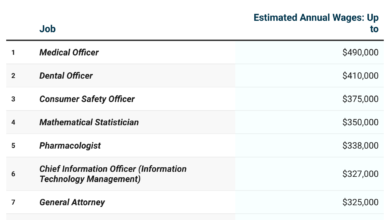Lawsuit Against Burger King Over Whopper Size to Proceed

A US judge has ruled that Burger King must confront a lawsuit accusing it of presenting its Whopper burger as larger on menus than it actually is.
( BBC) – A lawsuit has been filed against Burger King, alleging that the company misled customers by depicting its burgers as larger and more substantial than what they actually serve. Burger King denies these claims, stating that the plaintiffs’ allegations are untrue. Similar lawsuits are also targeting McDonald’s and Wendy’s in the US.
The lawsuit specifically claims that Burger King’s Whopper appeared 35% larger and contained more meat in advertising than in reality. Burger King argued that it was not obligated to deliver burgers that precisely match their promotional images.
US District Judge Roy Altman ruled that the case should be decided by a jury, allowing them to determine what is considered reasonable. However, the judge dismissed allegations related to Burger King’s television and online advertisements, stating that the beef patties depicted in their ads are the same as those used in their sandwiches nationwide.
The attorney representing the plaintiffs, Anthony Russo, has not yet responded to requests for comment from the BBC.
The Burger King website touts the Whopper as “the burger to rule them all,” boasting a “real meaty” beef patty along with other ingredients.
Recent legal challenges have arisen against other fast food chains due to allegations of false advertising. For instance, Taco Bell faced a US lawsuit earlier this year for selling pizzas and wraps purportedly containing only half the filling as advertised.
In the previous year, a New York man initiated a class-action lawsuit against McDonald’s and Wendy’s, accusing both companies of engaging in unfair and deceptive trade practices. The lawsuit contended that the burgers depicted in their marketing materials were at least 15% larger than their real-life counterparts.
Meanwhile, in the UK, the Advertising Standards Authority (ASA) investigated a complaint regarding a 2010 Burger King chicken burger advert, ultimately upholding it. Donna Castle from the ASA emphasized the importance of consumer trust in advertisements, stating that ads should not be materially misleading, ambiguous, or exaggerate or omit crucial information.




